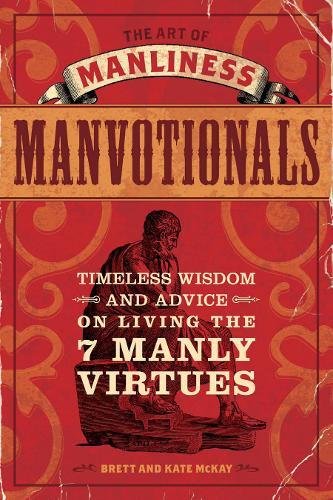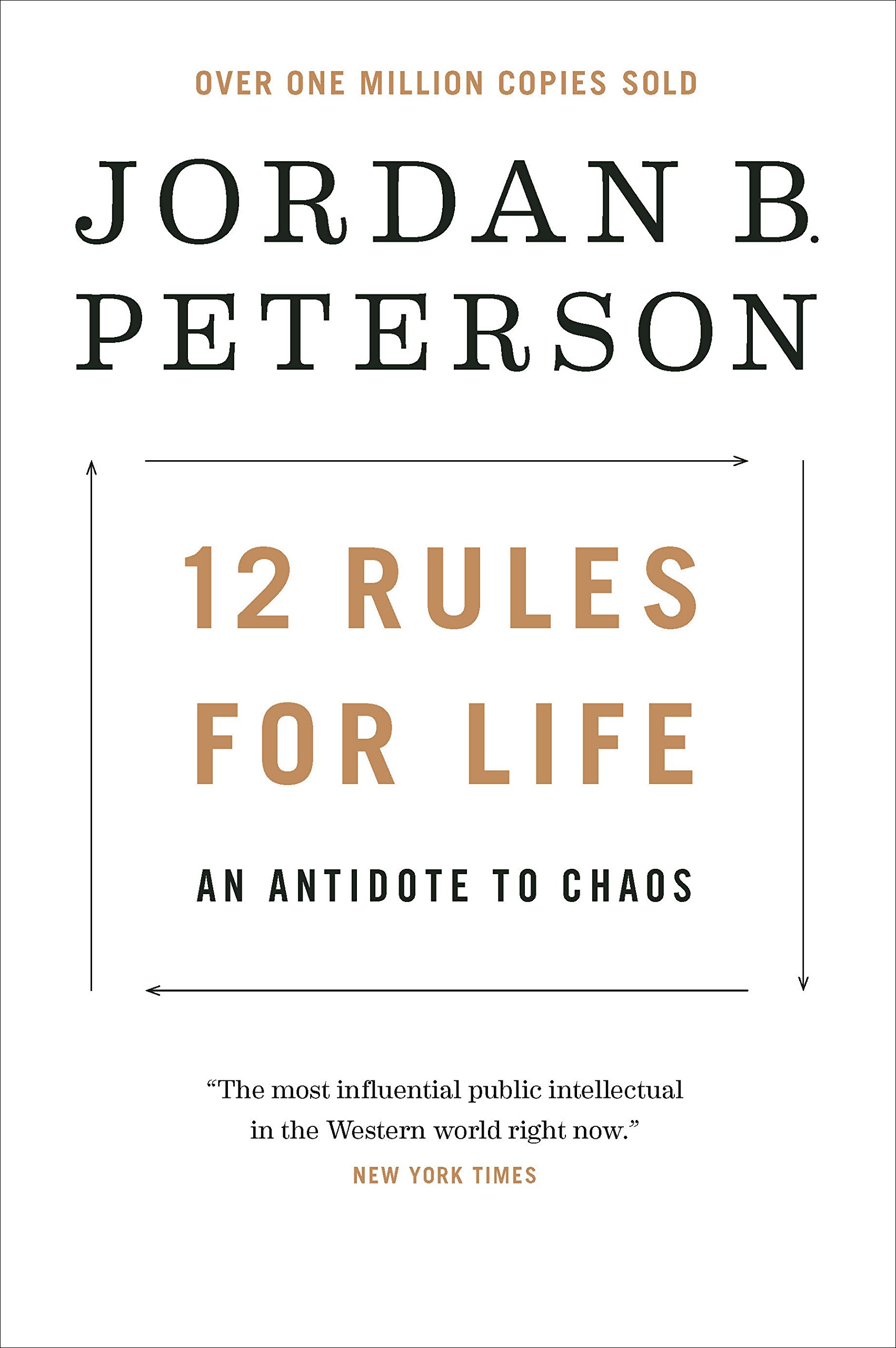The Improvement of Spare Moments
From Pushing to the Front, 1894
By Orrison Swett Marden
Found in The Art of Manliness - Manvotionals: Timeless Wisdom and Advice on Living the 7 Manly Virtues. By Brett and Kate McKay. HOW Books, 2011. 272 pages. Quote: p 87-90.

The Improvement of Spare Moments, Part 1
By Orrison Swett Marden, 1894
"On the floor of the gold-working room, in the United States Mint in Philadelphia, there is a wooden lattice-work which is taken up when the floor is swept, and the fine particles of gold-dust, thousands of dollars' worth yearly, are thus saved. So every successful man has a kind of network to catch "the raspings and parings of existence, those leavings of days and wee bits of hours" which most people sweep into the waste of life. He who hoards and turns into account all odd minutes, half hours, unexpected holidays, gaps between times, and chasms of waiting for unpunctual persons, achieves results which astonish those who have not mastered this most valuable secret.
The days come to us like friends in disguise, bringing priceless gifts from an unseen hand; but if you do not use them, they are borne silently away, never to return. Each successive morning new gifts are brought, but if we failed to accept those that were brought yesterday and the day before, we become less and less about to turn them in account, until the ability to appreciate and utilize them is exhausted. Wisely was it said that lost wealth may be regained by industry and economy, lost knowledge by study, lost health by temperance and medicine, but lost time is gone forever.
"Oh, it's only five minutes or ten minutes till meal-time: there's not time to do anything now," is one of the commonest expressions heard in the family. But what monuments have been built up by poor boys with no chance, out of broken fragments of time which many of us throw away! The very hours you have wasted, if improved, might have insured your success.
The author of "Paradise Lost" was a teacher, Secretary of the Commonwealth, Secretary of the Lord Protector, and had to write his sublime poetry whenever he could snatch a few minutes from a busy life. John Stuart Mill did much of his best work as a writer while a clerk in the East India House. Galileo was a surgeon, yet to the improvement of his spare moments the world owes some of its greatest discoveries."



 , 2002.
, 2002. 
